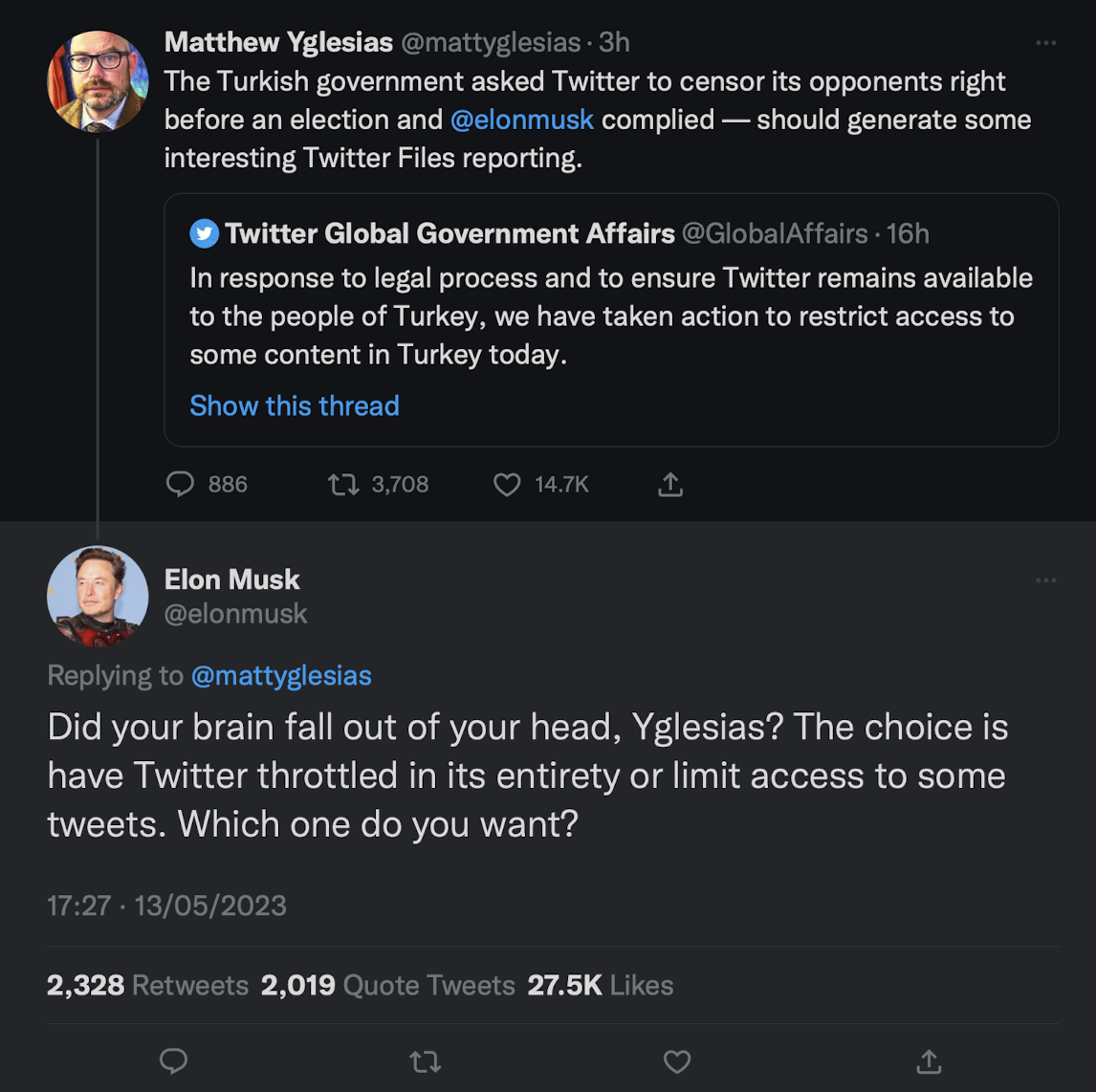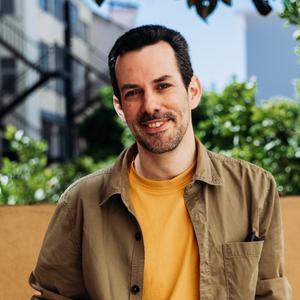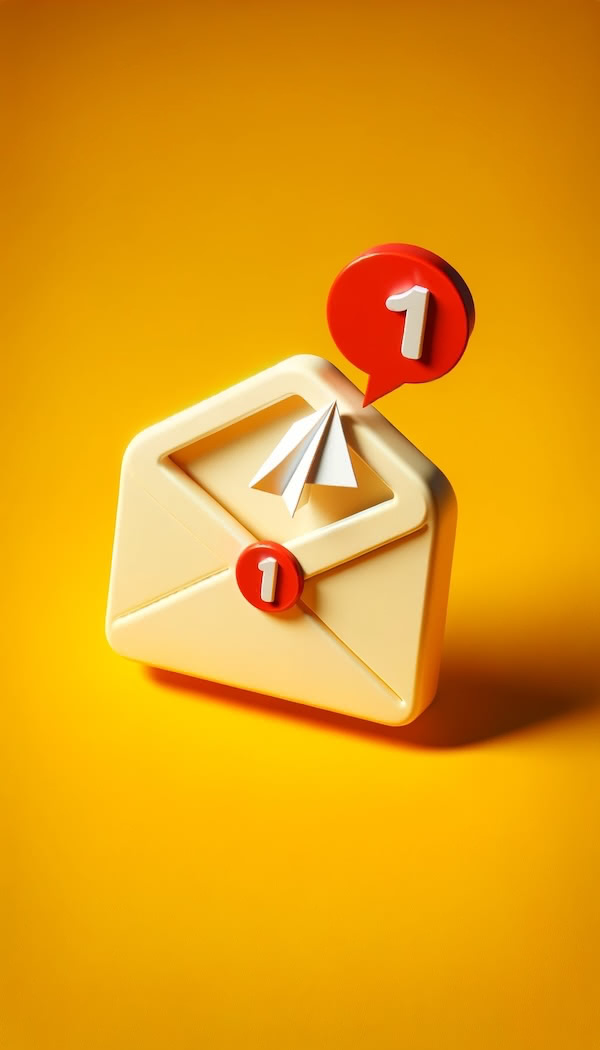Where’s my Web?
After this week’s major win, I have been searching for that feeling of community we had online. I found only a box of melancholy and some hopes that broke from the weight of egos and market greed.
It’s not the first time I talk about these lost values. I’ve asked the deities to Bring Back My Web back in 2014, and made a note that the Web is Getting Old in 2020.
It’s because when I think about the heroes of the web I remember people like Aaron Swartz who did stand for something. He was “The internet’s Own Boy”, and the documentary made about him is worth watching.
Twitter used to be a bastion of this web, hanging on by a thread that Elon Musk snipped.In 2000, at the age of 14, he co-authored RSS version 1.0, and shortly thereafter joined a working group at the World Wide Web Consortium to help develop common data formats used on the World Wide Web.
Swartz was one of the early architects of Creative Commons and a developer of the Internet Archives’ Open Library, a free book database and digital library open to the public.
He founded software company Infogami, and when it merged with online news site Reddit, he became a co-owner.
 Source: Elon Musk Twitter
Source: Elon Musk Twitter
To complete the dismay, I came across a story on Wired, “Doug Rushkoff Is Ready to Renounce the Digital Revolution”:
“I was pretty freaking excited in the ’90s about the possibilities for a new kind of peer-to-peer economy. What we would build that would be like a TOR network of economics, the great Napsterization of economics in a digital environment,” he tells his students. But more recently, he continues, he’s turned his attention to something else that this new digital economy has created: “It made a bunch of billionaires and a whole lot of really poor, unhappy people.”
So let’s accept that this is not the web we want and that most of the Communication disciplines that use it are aiming to turn us into human interfaces. And let’s use that acceptance as fuel to build or nurture a web that is truly social.
Using Counter Strike to fight censorship
Here is your beacon away from the fog of dismay. Helsingin Sanomat, a Finish newspaper, found a way to break through censorship using an online game.
To highlight is the World Press Freedom Day, Helsingin Sanomat created a secret room inside Counter Strike, a popular game. The room contains independent journalism, that is forbidden in Russia.
AI Tools
Artificial Intelligence is the new bubble, the shiny web 2.0, the promising blockchain. And I keep looking for tools that can be useful for us to cut the grunt work and make a better use of our time.
Artificial intelligence to generate beautiful and unique logos for your projects.
Simply enter a prompt and let our AI-powered icon generator create unique and stunning icons for you. Perfect for designers, web developers, and anyone in need of awesome graphics.
Create beautiful app icons designed by AI
https://github.com/radi-cho/awesome-gpt4
A curated list of prompts, tools, and resources regarding the GPT-4 language model.
Bonus, keep a reading list with this app
Distraction free. Privacy focused. Open source. Designed for knowledge workers and lifelong learners.
Save articles, newsletters, and documents and read them later — focused and distraction free. Add notes and highlights. Organize your reading list the way you want and sync it across all your devices.

